How to talk to your children about cancer
This week is Cancer Talk Week. Cancer isn't an easy topic to talk about with the people you love, but Macmillan Cancer Support can help
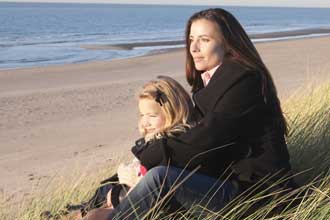
The word 'cancer' is hard to hear whatever your age, but sometimes talking about it with the people you love can be even harder. That's why this week is Cancer Talk Week (21st-27th January), to encourage everyone to get chatting about cancer and ask questions without feeling worried.
Talking about cancer with your children may seem scary, but that's where Macmillan Cancer Support come in. They can help you find the right words to make that conversation a little bit easier.
Macmillan Cancer Support's Cancer Information Nurse, Bill Carlin, has been a cancer nurse for nearly 30 years, so he knows just how to talk to children about cancer. Here are Bill's top tips:
How to talk to your children about cancer if they have questions...
- Try to be as honest as possible with them. You may not want to scare them, but they may well only feel hurt if they find out that you haven't told them the truth. Children can be remarkably aware of changes going on around them.
- Answer the questions that you can but don't worry if you don't know the answers to all of them. Tell them that you can find out together, it will help them better understand and feel more involved.
- You may get asked about what causes cancer, or what can prevent it. Explain to them that there are many things that reduce the risk of cancer, such as daily exercise and a healthy lifestyle, and there are some things that increase the risk, such as smoking. But tell them that in many cases it's just not possible to say why some people develop cancer and others don't.
- Explain that you cannot catch cancer from anyone else. They should also know that people don't always die if they get cancer. In fact, more and more people are surviving cancer.
- Let them know that cancer mostly affects people over the age of 65. Cancer in children is very rare, and most children who are diagnosed with cancer survive.
How to talk to your children about cancer if you've had cancer...
- Begin with a simple explanation. Take your time, and make sure you go through what you want to tell them step by step.
- Your first reaction might be to protect their feelings by keeping the truth from them, but keeping secrets could lead to resentment and hurt on their part.
- Cancer can be scary and hard to understand for children. The best thing to do if they get upset is to ask them to talk through how they are feeling, and tell them that you understand.
- They may be scared. Ask them what worries them, and try to talk through it with them.
- Young children should understand that nothing they have done has caused the cancer.
- They may prefer to talk to someone else about it. Don't be offended if they do. Tell them that they can talk to another family member, teacher, doctor or Macmillan Cancer Support specialist if they would like to.
- If your children start to 'act up' (e.g. their behaviour changes), try to understand that this may be a reaction to the news and a way of letting you know that they're upset. Try to talk them through it.
Cancer sufferer, Wendy, 46, was diagnosed with breast cancer in 2004 when her children were 7, 5 and 10 months old. She was given the all-clear in 2009, but unfortunately the cancer returned in 2009. Her children were then 15, 13 and 8. Sadly, she was told the cancer was incurable. Wendy has experience of talking to both younger and older children about cancer. Here are Wendy's top tips:
How to talk to younger children about cancer...
GoodtoKnow Newsletter
Parenting advice, hot topics, best buys and family finance tips delivered straight to your inbox.
- Keep it simple. When I was first diagnosed, my children were very young. I explained to the 7 and 5-year-old in a simple way, saying that I was unwell. I did use the word 'cancer' to start with, but they didn't understand so 'unwell' was better.
- Include them. I took the kids to the hospital with me so they knew where I was when I was having treatment and wouldn't worry. It made it easier for my husband to explain to them why I wasn't always at home.
- Don't give too much info. There's a balance between keeping things from the kids and telling them too much. I prepared them for the significant things that they would notice, for example we talked about how I was likely to lose my hair and then involved them in choosing colourful bandanas. I also told them I would get better because at the stage I truly believed I would.
- Think about when you have your treatment. I chose to have my chemotherapy on a Monday while they were at school. That meant that by the weekend I was feeling a bit brighter and could play with them.
- Keep the routine. Clubs, swimming and play dates with friends have to carry on. If kids know things are still normal, then they'll keep the hope that everything else will be OK too.
- Don't have difficult conversations in front of them. Keep the kids included, but don't worry them by talking with relatives or friends about what's happening or your condition while they can hear. They don't need to know everything, unless it's terminal. Macmillan Cancer Support can help you have that conversation.
How to talk to older children about cancer...
- Be aware that other children may say things to you or your child about your illness, especially if it comes up in the news. This happened with my kids' friends on several occasions.
- Prepare yourself for out of the blue questions, usually around the dinner table or in the car. Try to think about how you might respond or what they might ask.
- Tell them a bit more about your illness, especially if - like me - you have a secondary diagnosis. The kids might feel isolated otherwise. There's no need to tell them everything but, again, find the right balance between keeping things from them or saying too much so they trust you. Also, remember that they use the Internet a lot to find out about things.
- Keep them up to date with what's happening so they don't worry.
- Be prepared to say things more than once. Children often don't take everything in in one go, so you might have to repeat yourself a few times. I definitely have.
Cancer can be the toughest fight many people face, but you don't have to face it alone. The Macmillan Cancer Support team can help you find the words you need. Call their support line free on 0808 808 00 00 or visit www.macmillan.org.uk/cancertalkweek
Where to next?
- How to treat fever or pain in kids - Test your breast cancer knowledge - 10 symptoms you should never ignore
-
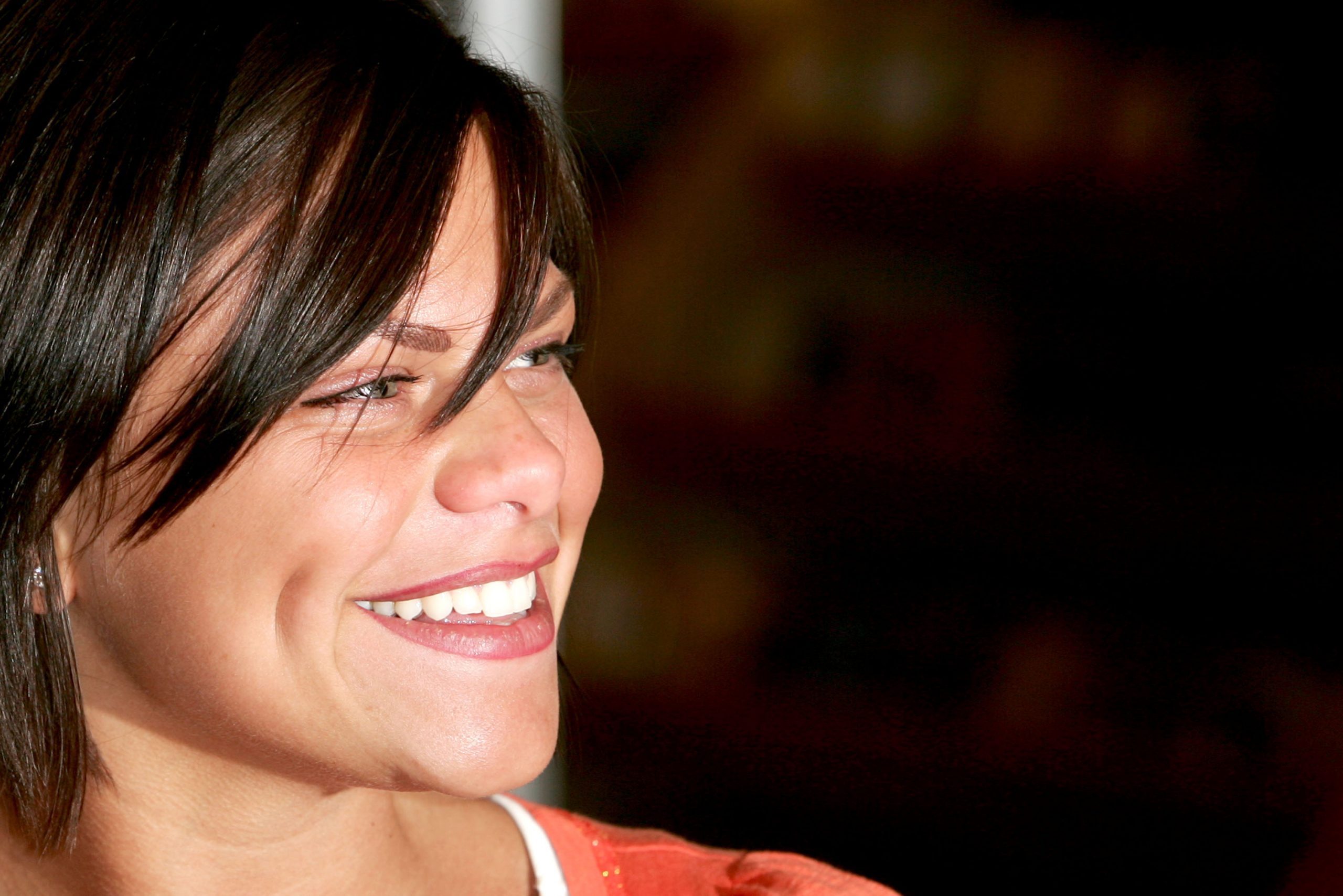 Jade Goody's cancer legacy: This is the timeline of Jade's cervical cancer story
Jade Goody's cancer legacy: This is the timeline of Jade's cervical cancer storyA timeline of how Jade Goody's cancer spread
By Grace Walsh Published
-
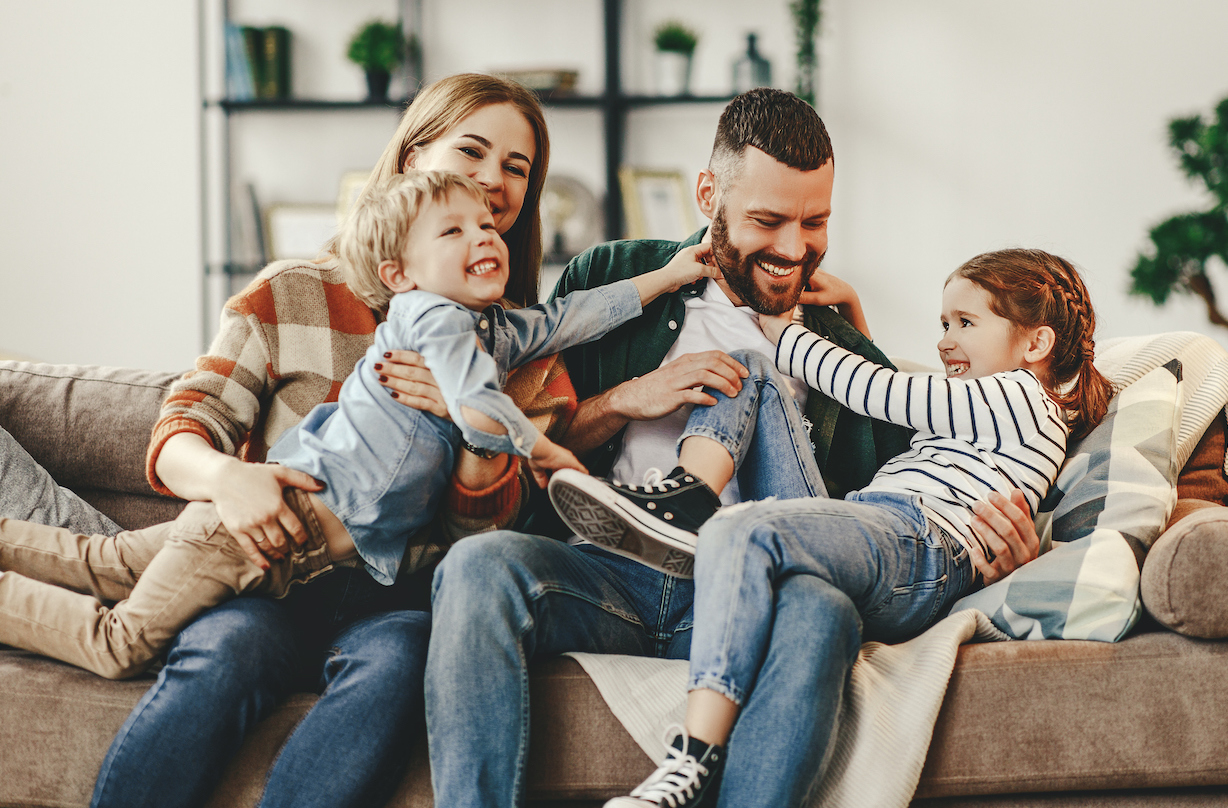 How to talk to kids about organ donation
How to talk to kids about organ donationBy Ali Horsfall Last updated
-
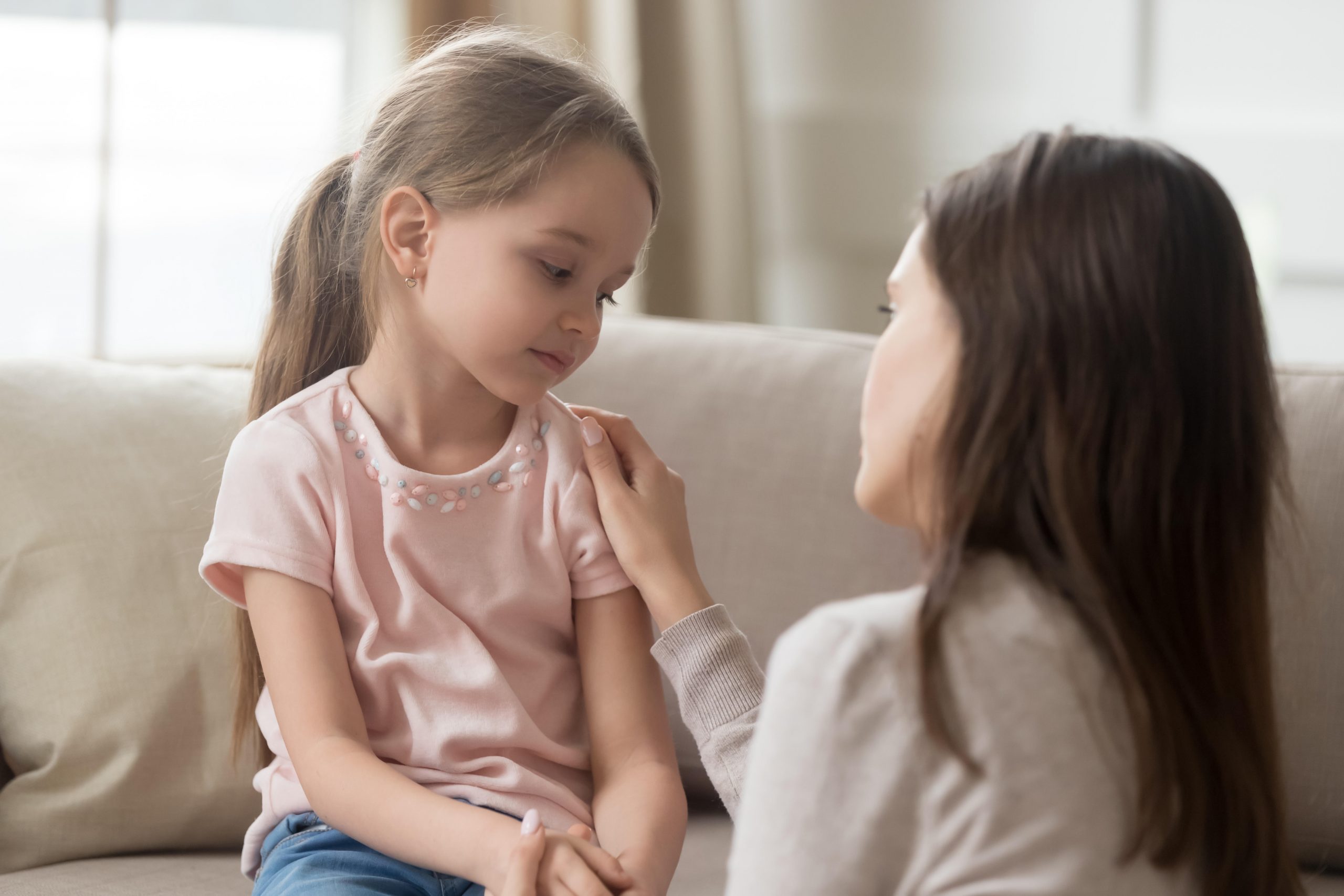 Coronavirus explained for kids: How to talk to your children about coronavirus
Coronavirus explained for kids: How to talk to your children about coronavirusParents may be wondering how to answer those in a way which is both realistic and reassuring. Our expert, Dr Nauf AlBendar has some advice.
By Rachael Martin Last updated
-
 'Embarrassing' health symptoms men should never ignore
'Embarrassing' health symptoms men should never ignoreYou might not want to go to your GP, but you should...
By Amy Hunt Published
-
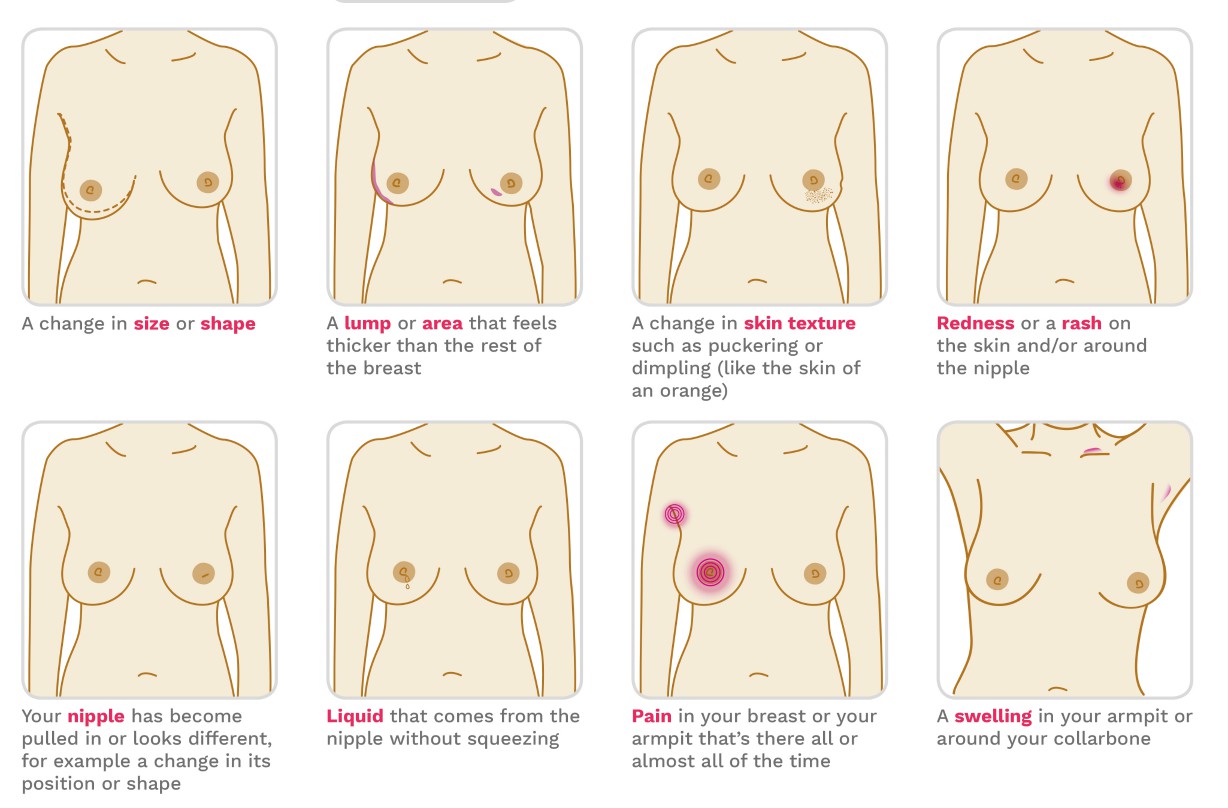 Do you know how to check your breasts for breast cancer?
Do you know how to check your breasts for breast cancer?These six tips could save your life
By Sibelle Mehmet Published
-
 Bowel cancer symptoms: What you need to know
Bowel cancer symptoms: What you need to knowMore than 2,400 people under 50 are diagnosed each year in the UK
By Amy Hunt Published
-
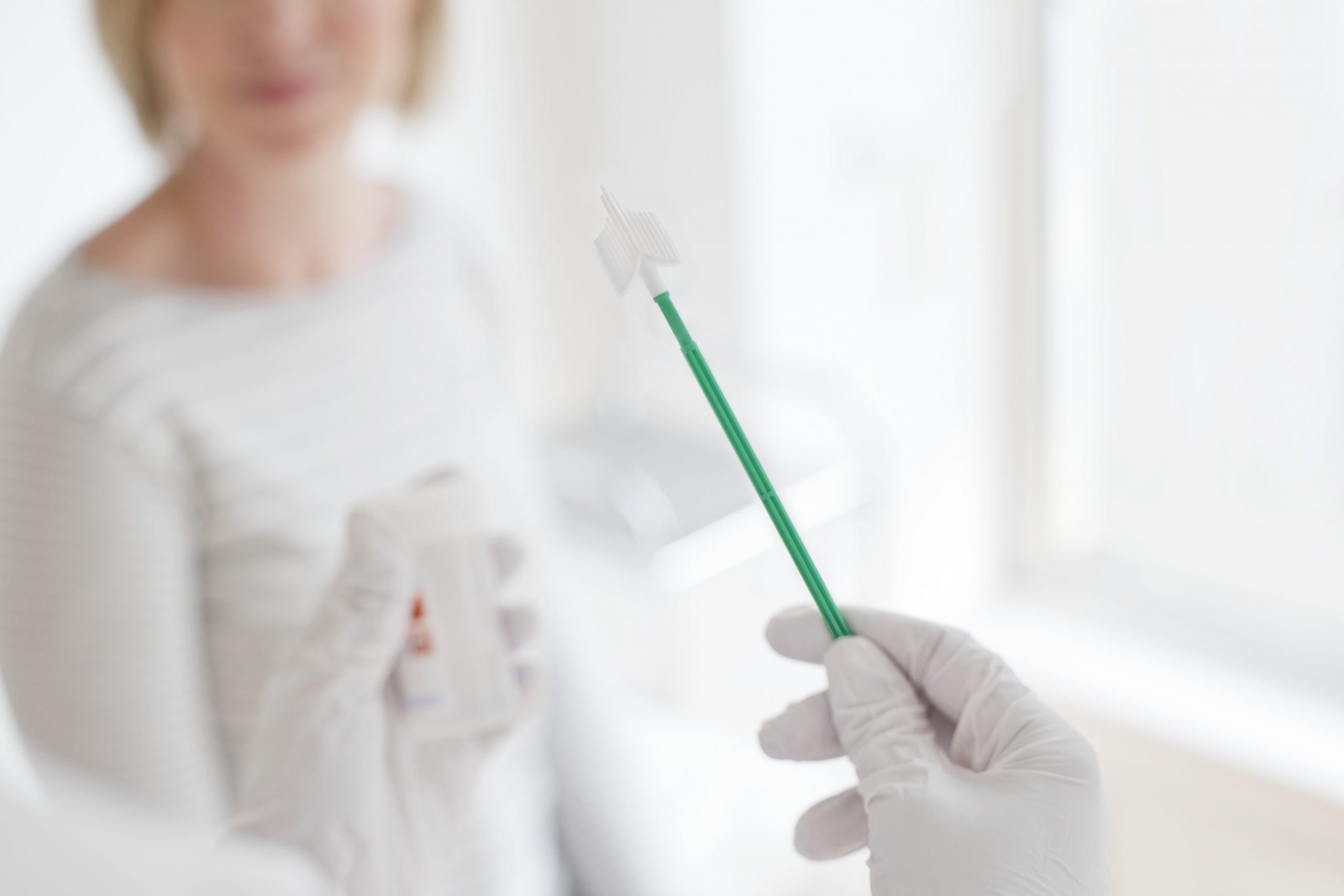 Cervical cancer: symptoms and signs to look out for
Cervical cancer: symptoms and signs to look out forThe condition affects 3,000 women every year in the UK
By Mariana Cerqueira Published
-
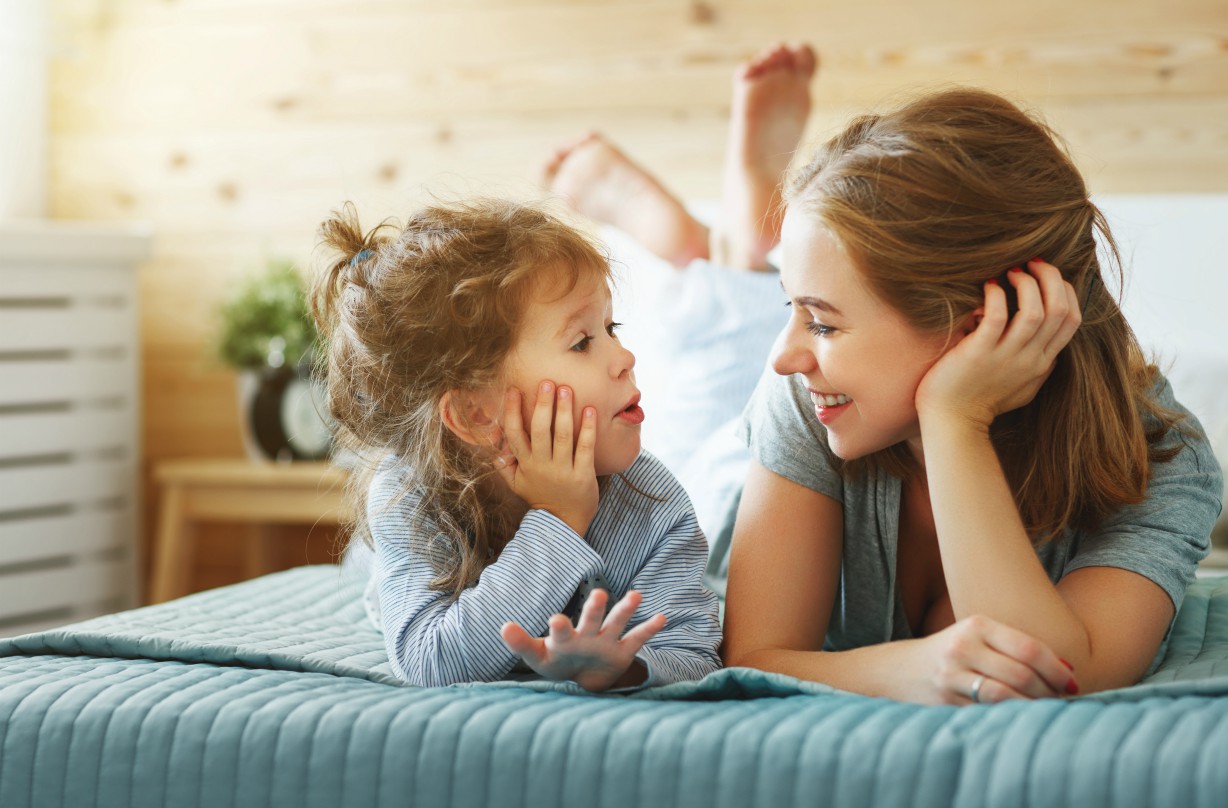 How to start a conversation about mental health with your children
How to start a conversation about mental health with your childrenBy Sibelle Mehmet Published